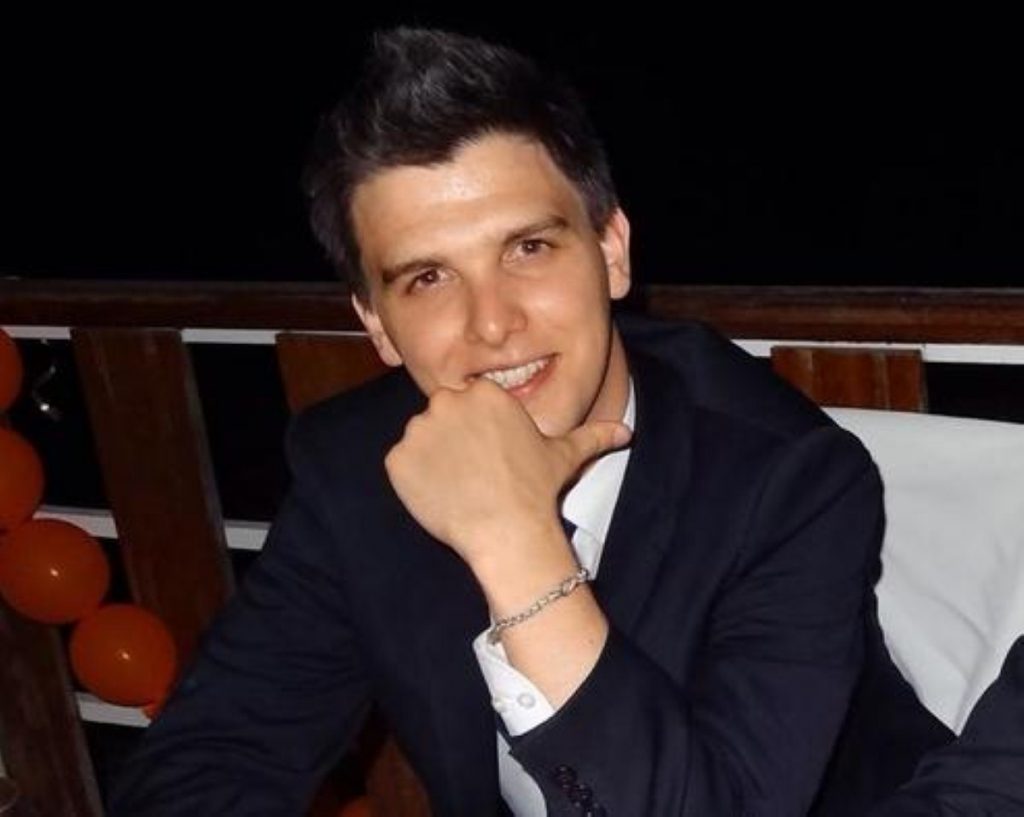Comment: Intervention in Syria comes not too soon, but too late
By Steven Akehurst
It's hard not to feel dizzied and bewildered by almost every aspect of the Syrian crisis – including the debate on intervention which has now engulfed the UK. Following it in recent days, I've seen a great many furrowed brows over the possible strengthening of Al-Qaida, frets over the risk of escalation and exhortations to 'Stop the War' and keep 'Hands off Syria'.
All good stuff, you understand. Except oddly, they all seem to be taking place now – in August 2013 – rather than in 2011 or 2012, when they were most sorely needed, as the original democratic revolution was being brutally put down by the Assad regime. Since then, 100,000 people have died, half of whom are civilians. Al-Qaida-linked elements within the opposition have been significantly strengthened. Things have escalated.
This has occurred at least in part because of Western failure in the face of human catastrophe to provide the necessary solidarity and support for moderate secularist factions in the Syrian opposition (all the while, funding for their more extremist counter-parts flooded in from Qatar and elsewhere). Or to take active steps, as in Libya, to protect the Syrian population from systematic slaughter. This was something neither the left nor the right in either Washington or London were willing to countenance, stuck variously under their 'realist' or 'anti-imperialist' shades of isolationism.


The result is what we see before us today: a cramped and partial debate, confined to punitive strikes over a single chemical weapons attack. Should such strikes come, they are better than nothing, whatever their flaws. Hopeful cries for a 'political settlement' or to 'get round the negotiating table' tidily side-step the fact that the Syrian regime currently has little incentive to do so. It's a grim reality that it often takes the credible threat of force to even get tin-pot thugs like Assad to the table, as experience with Slobodan Milosevic twice showed in the 1990s.
But this narrow focus on chemical weapons has made the government's political wrangles yesterday evening rather predictable. When a mandate is sought on the back of one specific event, it is quite logical that more evidence will be first sought on that event. More importantly, though, this limited focus won't help protect the civilian population from murder by other means. The foreign secretary has been advancing a humanitarian case (publicly stating the aim to avoid further "humanitarian distress"). But as the likes of Professor Jason Ralph have been pointing out, what is being proposed militarily – precision strikes on chemical weapons facilities – will not achieve that on its own. He is setting himself up to fail.
The truth is the red line should have been set far short of chemical warfare, because intervention in Syria is horribly belated. As ghastly as footage from last week is – so much so I'm not even going to attempt the words to do it justice – from a humanitarian point of view it's not obvious why it's so much worse than any of the number of other civilian massacres Assad's militias have gleefully carried out since late 2011. Take Houla in 2012, for example, where they went door-to-door with guns and knives, executing children one-by-one along the way. These are at least analogues to the atrocities which triggered war in Kosovo.
Needless to say, piecemeal approaches to such butchery will not suffice. Assuming that Western powers are now serious about halting it, intervention must come in the form of wide-ranging efforts to both protect civilians and tip the balance of power in favour of moderate rebels against both Assad and Al-Qaida. The former should constitute humanitarian safe-zones properly patrolled by the Free Syrian Army and a No-Fly Zone. As well as air strikes on weapons facilities and army airports, the latter – possible under such protective cover – should see every effort taken to actively train, arm and build up the moderate FSA, as Michael Weiss forcefully argues.
None of which is to pretend this would be easy. Even if it went well, it would still be hideously imperfect, ugly and complex. To put it mildly, Nato power and influence is a less than ideal instrument through which to achieve progressive ends. But it's simply not true, as those on the far left contend, that its every move is always and only reducible to an act of imperialism. As Ian Dunt argues, few can explain through this prism why the West are acting now. The reality is states' interests are not fixed or neatly explained, but constructed and constantly in flux; a mesh of time, place, systems and personalities.
Very occasionally, that can and should be pressed into engineering the least worst outcome in a humanitarian emergency. That is all we can hope for in Syria. But it is better than what most Syrians have lived through for the last two years, or what awaits them if nothing more is done. Achieving even this, however, won't be possible unless we face up to our own failures and omissions, and recognise that the time for action came a long way back on the road to Jobar.
Steve Akehurst is a blogger and writer. He has written on UK, US politics and foreign affairs.
The opinions in politics.co.uk's Comment and Analysis section are those of the author and are no reflection of the views of the website or its owners.

